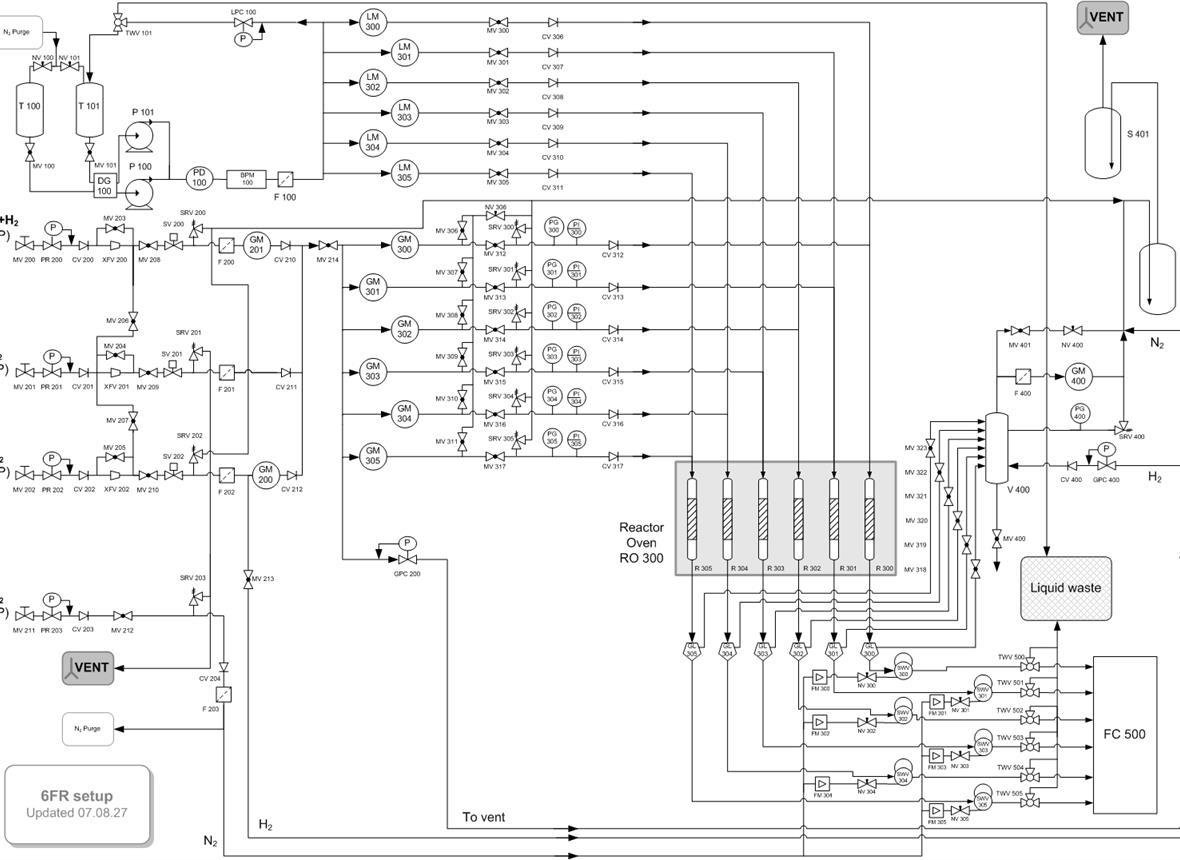A novel cylindrical microbial electrolysis cell (CMEC) featuring a compact, coaxial electrode assembly was developed to convert high-strength dark-fermentation effluent into high-purity hydrogen, addressing key scale-up challenges in bioelectrochemical wastewater treatment. The CMEC's optimized cylindrical geometry and high electrode surface-to-volume ratio (41.6 m2 m−3) enhanced fluid dynamics and mass transfer, yielding a peak current density of 4.5 A m−2 and cathodic hydrogen recovery (rcat) of 97.3 %. Under an applied voltage of 1.0 V, the system achieved a hydrogen production rate of 0.84 L L−1 d−1 with 99.8 % purity, alongside a chemical oxygen demand removal efficiency of 67.5 % and coulombic efficiency of 75.1 %. Techno-economic analysis, based on local electricity ($0.0137 kWh−1) and hydrogen ($1.60 kg−1) prices, yielded a profitability ratio of 1.331, demonstrating economic viability. Using volatile fatty acid-rich effluent derived from swine manure–food waste dark fermentation, the CMEC maintained stable operation and high biofilm activity, effectively suppressing methanogenesis. These results highlight the CMEC's potential for scalable, cost-effective biohydrogen production from real waste streams, bridging laboratory prototypes and industrial applications in sustainable energy and wastewater management.
